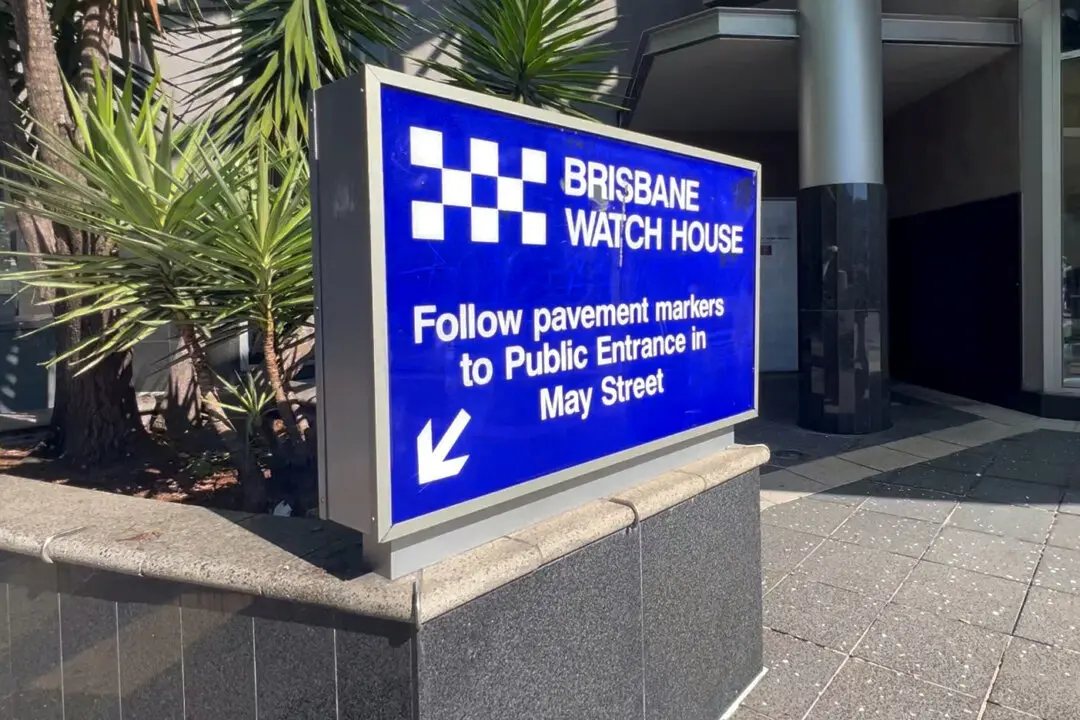Some Gold Coast apartment owners are expressing concerns after receiving rate hikes of up to 50 percent, following the council’s decision to bill occupants based on the value of their property, rather than the value of the land.
The changes could result in some residents paying an additional $676 (US$442) annually on their rates bills.





